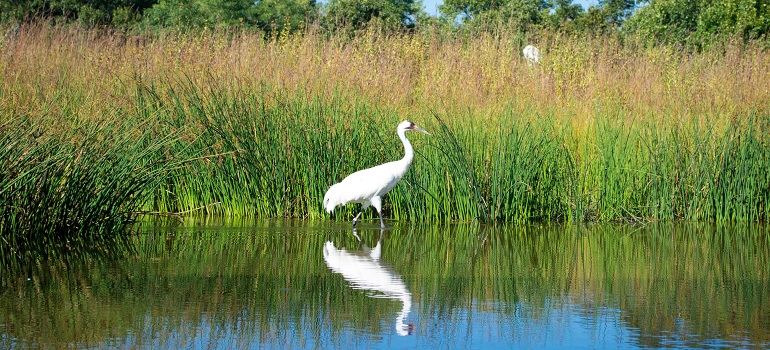SUSTERA Foundation and Purpose Climate Lab released a new report titled “Incentive-Based Ecosystem Restoration” on World Wetland Day. The report focuses on building resilience in Kerala and was unveiled during an online event.
The report highlights the importance of biodiversity for the health of the planet, human well-being, and economic prosperity. The increasing loss of ecosystems’ ability to recover from degradation is exacerbating the vulnerability to disasters.
The findings suggest that Kerala can benefit from an integrated approach to ecosystem restoration through incentivized models that create jobs. The report outlines how local self-government institutions and communities can work with grassroots organizations, practitioners, and the education system to develop efficient incentive-based models for ecosystem restoration.
Ecosystem restoration will not only improve resilience to climate-related disasters but will also create new jobs and build resilient communities. According to the State of Finance for Nature 2021 Report, there is potential to create 20 million green jobs by tripling investments in NbS by 2030.
Some important outcomes of the document:
- Large-scale ecosystem restoration is key in limiting climate change and species extinction.
Thus, the need of the hour is to build a pathway valuing conservation and restoration to
recover degrading ecosystems. Ecosystem restoration and nature-based solutions should
be a key agenda for the state in its development trajectory. - Incentive-based ecorestoration can create jobs, improve resilience, enhance food security,
and contribute to global mitigation efforts. - Large-scale ecosystem restoration is key in limiting climate change and species extinction.
Thus, the need of the hour is to build a pathway valuing conservation and restoration to
recover degrading ecosystems. Ecosystem restoration and nature-based solutions should
be a key agenda for the state in its development trajectory.
Restoration approaches for Kerala
- Restoration of Coastal biodiversity
- Restoration of marine and aquatic ecosystem
- Forest and landscape restoration
- Agroforestry and conservation agriculture
- Restoration of wetlands and watersheds
- High mountain ecosystem restoration
The document was released after the Amrith Darohar and MISHTI scheme was
announced in the union budget.

